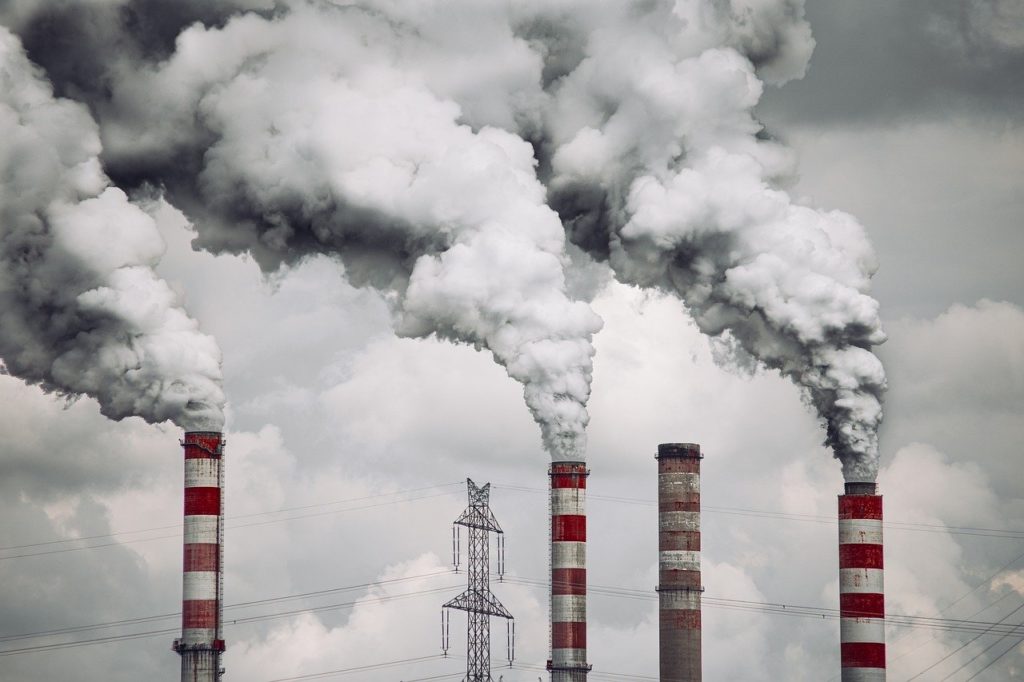Prior to the 19th century, the world was for the most part agrarian and made just enough food and resources to feed their village/community. Most people did not live in cities at all and even if you did, you lived in tight, dirty conditions unless you were royalty. Per usual, the royals allowed the majority of the wealth to flow into their hands.
That is until… the Industrial Revolution! The Industrial Revolution is a very recent miracle. Most economic experts will tell you that it is the most significant thing that has happened in human history since we learned to domesticate animals and plants. Great Britain was the first nation to do that. Raising the GDP per capita substantially as time went on, people began to see their lives change for the better in the late 19th to early 20th centuries, spreading to most other parts of Europe and the United States.
Also, this was a time period where the slave trade ended for Great Britain and they slowly and surely convinced others to do the same from 1807-1867, a time where industrialization was really taking off and expanding. Ironic, right? Many historians and economists have debated how vital the Atlantic trade and their plantation economies were to the start of the Industrial Revolution. I mean, they were the leaders of importing enslaved Atlantic Africans from 1642-1807, vital years in the peak of the trade, with the start of the Industrial Revolution sandwiched in-between. Literally, between the three lions. The Williams thesis started the conversation and it’s been hotly debated since. Personally, I think it’s a complicated question with obviously many factors involved. I think the characteristics of Great Britain were ripe for industrialization, with immense coal deposits and exponential population growth. The Industrial Revolution would have taken waaayyy longer to occur if it wasn’t for colonies in the Americas and labor from Atlantic Africa to settle and grow cash crops. Or new markets in the British American mainland and the Caribbean. Demand for products in Africa. However, I will give three common arguments each side uses to support their argument and I shall let you, the reader, make your decision.
ARGUMENTS FOR MINIMAL INFLUENCE
“Slavery accounted for no more than 5% of the GDP of Great Britain around the time that the Industrial Revolution started.”
Many experts can agree that Great Britain’s GDP was due to only 5% at most in terms of profits made during the Trans-Atlantic slave trade.
The Agricultural Revolution had just started 60 years ago in 1700 and led to improvement in machinery.
From 1700-1850, Great Britain’s population boomed due to new farming techniques that reduced fallow such as implementing four crop rotations. Also, machinery such as the wheelless plow helped increase food output by 40% in 1850, contributing to a large population and workforce.
The replacement of wood for fossil fuels allowed for a viable energy source and fueled(literally)the revolution.
Fossil fuels were used to produce steam power and open many chains of factories because of how coal rich Britain is. This led to the production of many inventions(like the Watt engine) and jobs for the now large populace.
ARGUMENTS FOR HEAVY INFLUENCE
The GDP of Great Britain actually bumped up to 11% when you take into account activities in the American plantations as well as the Transatlantic trade.
The GDP does not take into account value-chain processes taken in order to arrive at that number. The GDP almost doubled once taken into account
Port cities like Glasgow, Liverpool, and Bristol grew exponentially due to the import of plantation cash crops
These three towns were sleepy in 1700. Sugar imports in Bristol, cotton in Liverpool and tobacco in Glasgow allowed for these towns to grow after they shipped slaves to the New World. These ports allowed for the shipping industry to expand.
Money was used to invest in banks such as Barclay’s Bank and Lloyd’s bank profited off the slave trade and those banks fueled the industrial revolution.
Endeavors to the New World opened up for people to invest in insurance, banking and such. Many rich merchants who benefitted from the slave trade put in thousands of pounds into the development of such institutions, which in turn invested in many economic endevors in Great Britain.

I’m really enjoying the design and layout of your website.
It’s a very easy on the eyes which makes it much more enjoyable
for me to come here and visit more often. Did you hire out
a designer to create your theme? Excellent work!